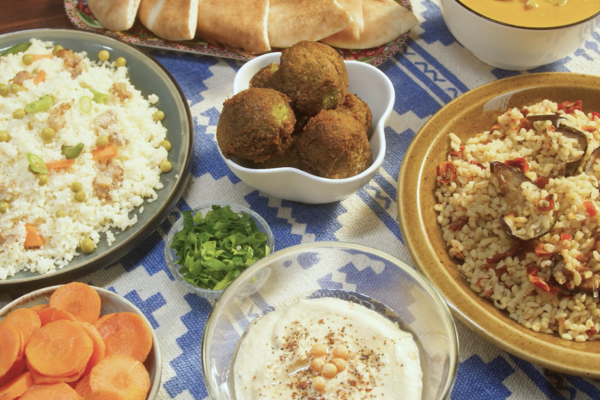The word Halal is often associated solely with religion, but there is much more behind it: a way of approaching gastronomy that combines respect, traceability and hospitality. In this new episode of HORECA Stories, we explore how the Halal world is transforming the hospitality sector, promoting a more inclusive and sustainable model that connects cultures and opens new opportunities for both hospitality and the food industry.
Halal culture as a quality standard
For Javier Albarracín, founder of Barcelona Halal Services, Halal “is not just a religious label, but a standard of quality, respect and trust.” His vision goes beyond the mere observance of rules: Halal represents an ethical commitment to health, animal welfare, and transparency throughout the food chain.
Albarracín also highlights the potential of this market, especially in Spain, a country well positioned to welcome Muslim tourists due to its geography and adaptability. “Spain is very well placed in tourism, and a significant part of its immediate environment is Muslim,” he points out. For him, the challenge is not only to offer compliant menus but to understand the cultural sensitivities associated with the Halal concept.
Girona, a case of Halal hospitality
This awareness has led the Hotel Carlemany in Girona, managed by Jordi Mias, to integrate Halal gastronomy into its offering. “When I arrived here, I found part of the team already sensitive to Halal. It started with staff meals, and from there everything evolved naturally,” explains chef Xevi Arrey, head of the kitchen.
Their menu features lamb tagines, chicken couscous and bastelas alongside dishes inspired by Asian cuisine. “It’s a way of understanding gastronomy,” Arrey summarises. What began as a gesture towards the team has become a value proposition: the hotel now welcomes international groups, sports delegations, and visitors who appreciate a tailored and consistent offering.
Food industry and certification
In the industrial sector, Maite López, Trade Specialist for Bulk and Hospitality – Marketing Department at Frit Ravich, explains how the company has incorporated Halal products and is working towards certification. “We are fully committed to achieving Halal certification for two reasons: to meet consumer demand and to guarantee a quality seal,” she states.
The company, which combines production under its own brand with the distribution of others, identified two decades ago the opportunity to serve this segment. Today, its growth has been exponential, confirming that Halal consumption is far more than a niche: it reflects new ways of approaching food.
A bridge between cultures
From kitchens to industry, Halal is consolidating as a new language of hospitality, a bridge between cultures that promotes authenticity, openness and respect. At Girona’s Hotel Carlemany kitchens or in Frit Ravich’s production lines, Halal gastronomy is no longer an exception but an opportunity.
Discover the full story in the new episode of HORECA Stories: Halal, much more than a religious label.



